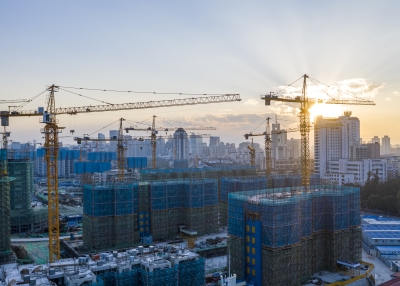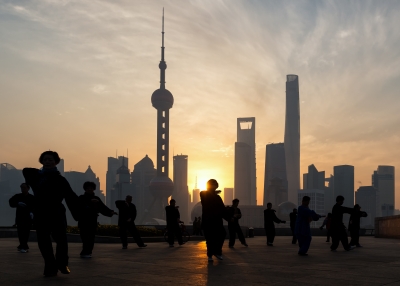Research Pillars
The institutional objective of the Asia Society Policy Institute’s Center for China Analysis (CCA) is to become one of the leading think tanks for China-related policy research in the United States and the world. Four distinguishing characteristics define this mission. Consistent with the guiding principles of the Policy Institute, whose remit covers the whole of Asia, the CCA is committed to robust, research-driven, and independent analysis across the China field that is useful to policy makers, business leaders, and scholars.
Second, we provide integrated analysis which seeks to relate the part to the whole. In our experience, there is a great deal of specialist analysis already available across many China-related subjects relevant to governments, companies and researchers. However, there is often very little by way of intelligent synthesis that makes sense for decision-makers.
Third, we place priority on what Chinese leaders themselves think about particular subjects (including the range of views that may exist within China), why they may think that way, and what leaders in other countries may think as well. In doing so, we seek to avoid the problem of strategic “mirror imaging” whereby we only understand China through an American or Western lens. That does not mean we agree with the Chinese official worldview. But we aim to understand it within its own logic as a minimum basis for framing international responses.
In doing all three, we also attach priority to China’s vast domestic discourse on important internal and international policy questions, which often exists in open-source material, but which is frequently ignored in the western commentariat.
Our work at the CCA is divided into five pillars, each representing a core category of our China-focused research program. But at the same time, each produces interdisciplinary projects that are useful to our members and supporters. These five are:
- Domestic Politics;
- Economy and Technology;
- Foreign Policy and National Security;
- Climate, Energy, and Environment; and
- Society, Culture, Public Health, and Education.
These five pillars also work collaboratively with China-related projects taken on by other branches of the Asia Society Policy Institute. These are our Washington-based Asian Trade Program headed by ASPI Vice President (and former U.S. Deputy Trade Representative) Wendy Cutler; our New York-based Asian Diplomacy and Security Program headed by ASPI Vice President (and former U.S. Assistant Secretary of State) Danny Russel; and our Asian Climate Change and Sustainability Program.
Explore each of our five work program areas below.






